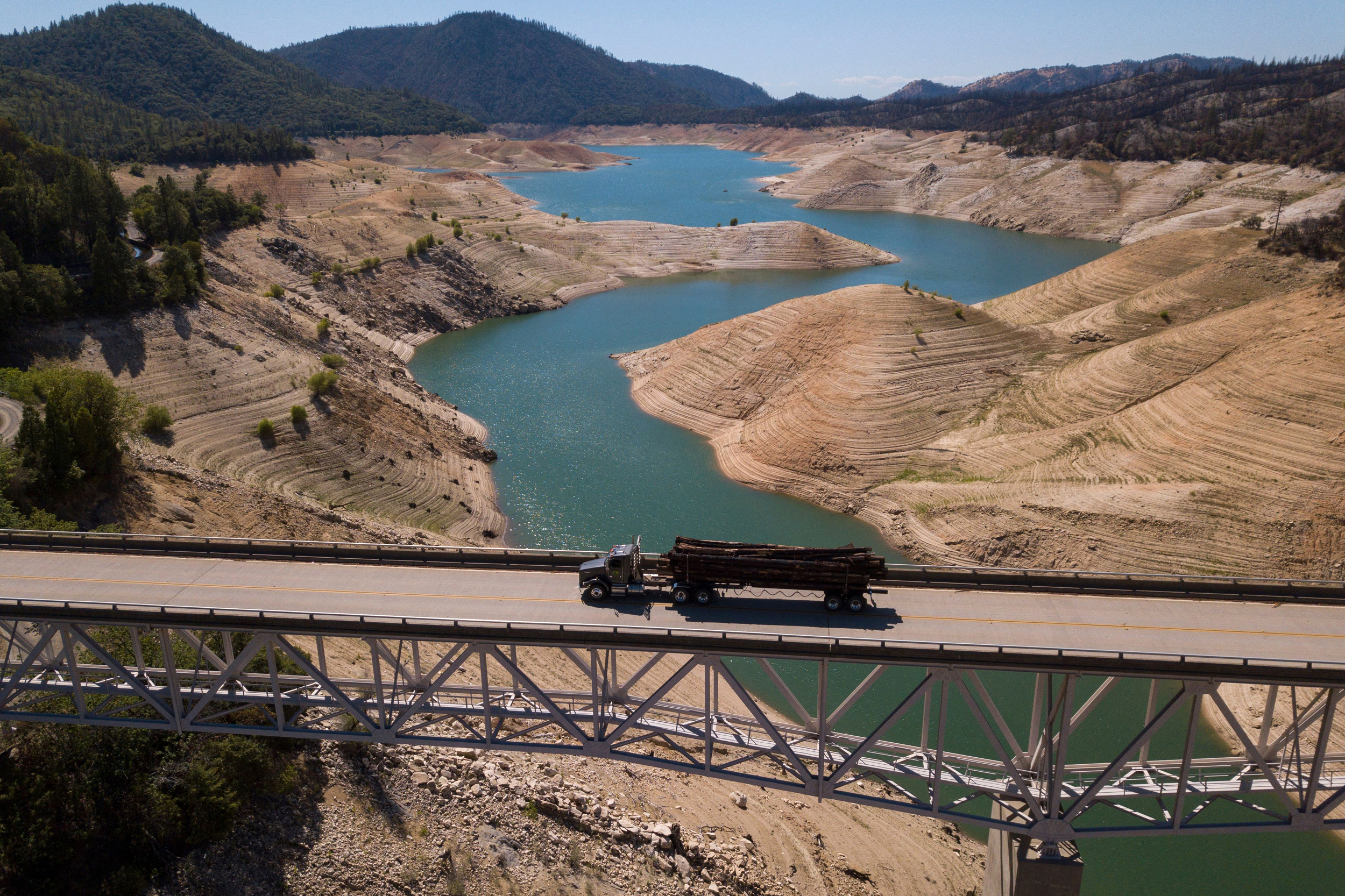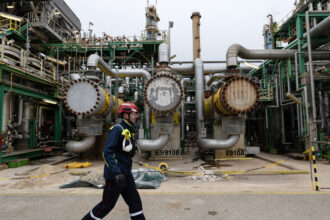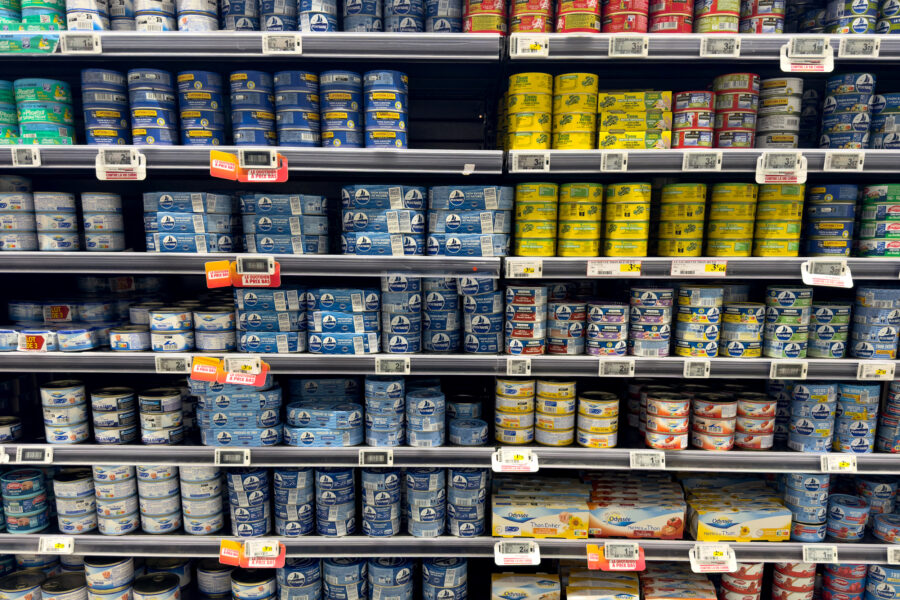New polling shows Americans view ensuring a reliable water supply as their top issue, beating out inflation, healthcare reform and others.
The polling comes from the US Water Alliance’s Value of Water Campaign, an effort to raise awareness of the need to support water infrastructure, and is the first time a reliable water supply topped the list of key issues. Reducing water contamination came in third, behind inflation.
Most Americans polled also expect the federal government to make investments to improve and maintain water infrastructure, the polling found, with the majority of participants going as far as supporting bond measures and higher local water bills to do so.
“For most people, when they turn the tap on the water or on the faucet, water comes out. They flush the toilet, it goes away. It generally works,” said Scott Berry, the US Water Alliance’s director of policy and government affairs. “So people don’t see the problems buried beneath the surface, and it’s so critical that that infrastructure works because of how important and how embedded clean water is to everything that we do, whether it’s economic development, whether it’s public health, whether it’s environmental health.”
The polling comes as federally supported infrastructure projects to update systems and bolster drought mitigation efforts are paused under the Trump administration’s funding freeze. The poll’s results are a sign Americans increasingly recognize the importance of water and the need to update the infrastructure systems that manage it, Berry said.
“Water is a politically popular winner across the board,” Berry said, with 80 percent of respondents saying Congress should not cut investments in water infrastructure improvements and 76 percent saying they would get behind an elected official supporting more investment.
Access to water and the infrastructure that supports it are increasingly common issues across the country, manifested in everything from aging water lines to drought. Natural disasters like hurricanes and wildfires are increasingly disrupting supplies of water and its quality, and other issues like boil notices for contaminated water are also appearing more often in the media.
“These results really reflect the consistent and likely growing salience of water issues for the American public,” said Elizabeth Koebele, an associate professor of political science focused on water policy at the University of Nevada, Reno, who was not involved with the polling. “I think that we’ve seen water issues become polarized, because there are things like climate change that affect water quality and water quantity, but Americans overall, in this survey, seem to be sort of more aware of the importance of water issues and the importance of having clean and reliable water supplies.”
For the first time, Berry said, his group polled respondents on whether they had been impacted by an extreme weather event. Just over half said they had, and 69 percent said they were worried about how climate change might impact water supplies in the future.
However, only 59 percent said the federal government should play a role in helping reduce the likelihood of climate change impacting water supplies, although that number rose in relation to government responses to extreme weather events and natural disasters.
“These things all seem to be signs that our federal government and state government leaders should be prioritizing issues linked to water and perhaps avoiding rhetoric that links water issues to more polarizing issues like climate change,” Koebele said. “We might actually get movement on water security improvements as a result.”
This was the first time the number of respondents saying water affordability was an issue went down in the 10 years of polling, Berry said. Part of this is likely from investments made under the Bipartisan Infrastructure Law and Inflation Reduction Act, former President Joe Biden’s signature climate laws, which dedicated billions of dollars to improving water infrastructure and supporting conservation measures. But many of those funds have now been frozen.
The coming years will tell whether this year’s polling is an outlier or a true reversal of past concerns about the price of water.
“I can guarantee that that trend is absolutely not going to reverse if we pull back from investing in water infrastructure,” Berry said.
About This Story
Perhaps you noticed: This story, like all the news we publish, is free to read. That’s because Inside Climate News is a 501c3 nonprofit organization. We do not charge a subscription fee, lock our news behind a paywall, or clutter our website with ads. We make our news on climate and the environment freely available to you and anyone who wants it.
That’s not all. We also share our news for free with scores of other media organizations around the country. Many of them can’t afford to do environmental journalism of their own. We’ve built bureaus from coast to coast to report local stories, collaborate with local newsrooms and co-publish articles so that this vital work is shared as widely as possible.
Two of us launched ICN in 2007. Six years later we earned a Pulitzer Prize for National Reporting, and now we run the oldest and largest dedicated climate newsroom in the nation. We tell the story in all its complexity. We hold polluters accountable. We expose environmental injustice. We debunk misinformation. We scrutinize solutions and inspire action.
Donations from readers like you fund every aspect of what we do. If you don’t already, will you support our ongoing work, our reporting on the biggest crisis facing our planet, and help us reach even more readers in more places?
Please take a moment to make a tax-deductible donation. Every one of them makes a difference.
Thank you,













